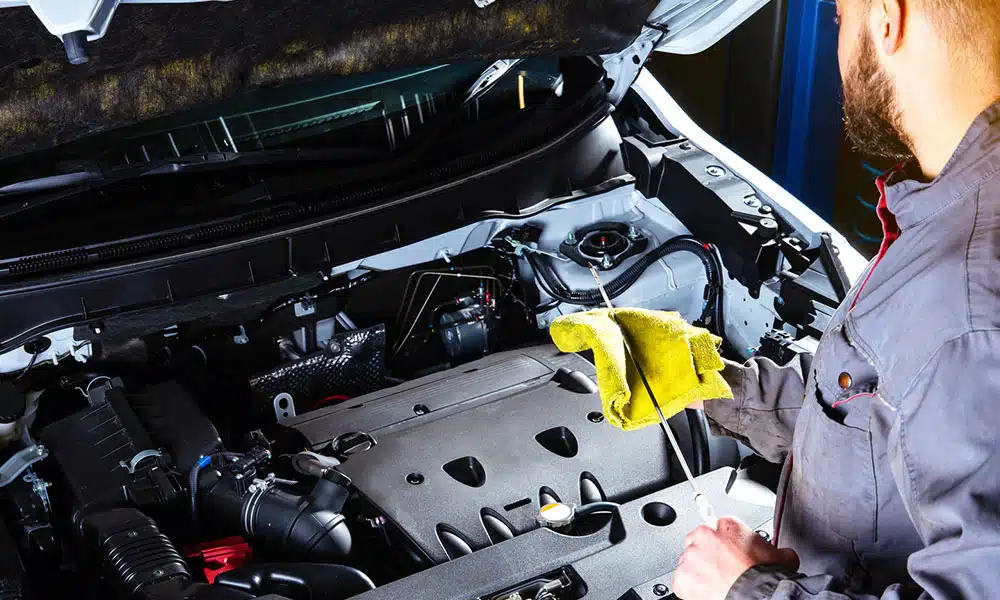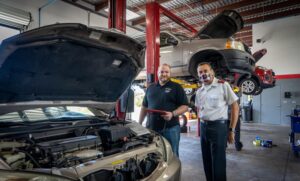
Every car should have backup lights, which are essential safety features that light up the area behind the vehicle when it is in reverse. By warning bikers, pedestrians, and other drivers of the vehicle’s movement, these lights assist avert accidents. Safety may be jeopardized if the backup lights don’t work, especially when reversing in dimly lit or dark locations.
Common Causes of Backup Light Failure
Usually, an electrical issue is the cause of non-illuminating backup lights. A blown fuse, which cuts off the backup lights’ power source, is among the most frequent causes. A power surge or a system short circuit over time may cause the fuse to wear out. A burned-out light bulb is another frequent problem. The backup light won’t switch on if the bulb dies. Sometimes wiring problems like frayed, loose, or corroded cables hinder electricity from getting to the lights, which keeps them off. The first step in fixing these electrical issues is diagnosing them.
Blown Fuse and Electrical Shorts
One of the first things to look for when backup lights don’t work is a blown fuse. By preventing overloads, fuses safeguard electrical circuits. When a fuse blows, power is cut off to the backup light circuit. A fast check will show whether a fuse has burned out. The fuse box is usually found in the engine compartment or beneath the dashboard. Power can be restored to the backup lights by replacing the blown fuse with a new one of the same amperage. If the fuse blows again after being replaced, though, it can be a sign of a short circuit or another underlying electrical issue that needs more research.
Wiring and Connection Issues
Another frequent reason why backup lights fail is wiring problems. The cables that link the backup lights to the car’s electrical system may deteriorate or sustain damage over time. This may occur as a result of physical wear and tear or exposure to heat or moisture, especially in locations where the wires are exposed to the weather. The backup lights may not be able to receive power due to loose or corroded electrical connections. Often, the problem can be fixed by looking at the wiring and cleaning or replacing any damaged connections. For expert assistance with such issues, consider professional Auto Maintenace in Riverton, UT, to ensure the job is done thoroughly and safely.
Backup Light Switch and Sensor Problems
A backup light switch or sensor is frequently seen in modern cars, and it automatically turns on the lights while the car is in reverse. The backup lights may not turn on if this switch or sensor malfunctions. Over time, especially in older cars, the switch may wear out or become misaligned. Sometimes the sensor doesn’t recognize that the car is in reverse because it’s dusty or broken. A malfunctioning backup light switch or sensor is frequently the next part to check if the fuse, wiring, and bulbs are all in good condition.






